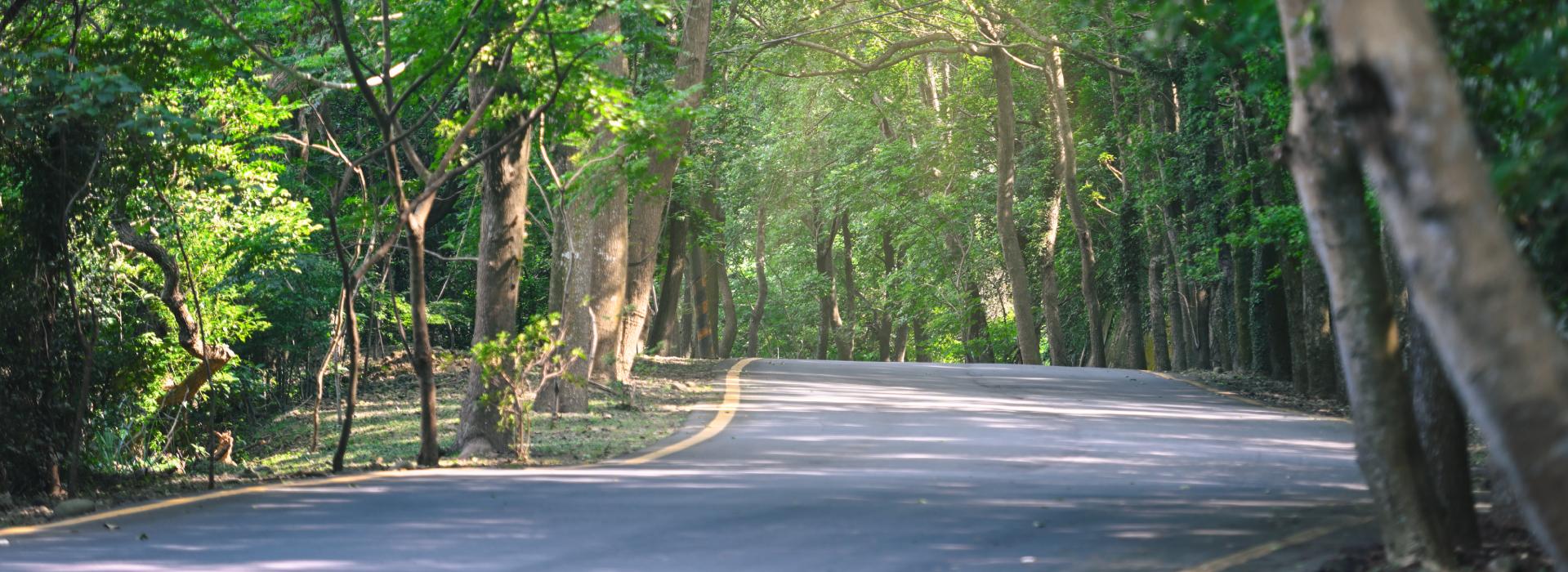History
In 1978, Lidye Group established Croslene Chemical Industries Ltd. (hereinafter referred to as Croslene) under the technical guidance of Japan's Takeda Pharmaceutical Company Limited.
From initially producing only synthetic rubber latex, Croslene Chemical Industries Ltd. later introduced production technology for PU rigid thermal insulation materials, and in 1990, introduced production technology for reinforced plastic composite materials (SMC). In 1996, we introduced production technology for food packaging adhesives.The above fully demonstrates Croslene's firm commitment to the chemical technology industry, as well as its efforts in introducing and developing diversified new technologies.
Croslene has gone through a long journey, from the hardships of its early entrepreneurial days to its remarkable success today, writing page after page of brilliant history.Looking back at the hardships of entrepreneurship and the fruits of today's efforts, the outstanding contributions of colleagues are evident everywhere. It is also the history of Croslene's trials, transformations, and growth, which are summarized as follows:
1978
Lidye Group invested in and established Croslene under the technical guidance of Japan's Takeda Pharmaceutical, with an initial capital of 20 million NTD.
1979
Purchased factory land in Hukou, with an area of 35,000 pings (approximately 116,000 square meters). The first phase of factory construction began with a monthly production capacity of 250 tons, adopting Takeda's synthetic rubber latex manufacturing technology.
1980
The first phase of production equipment (MXR-1) completed trial runs and officially began producing synthetic rubber latex products for carpet backing, nonwoven fabrics, and other related products.。
1981
Added second phase production equipment (MXR-2) and began introducing new-purpose modified synthetic rubber latex products.
1982
The second phase production line was completed, and modified SBR Latex for shoe midsoles (Innersole) was launched to replace imported goods. At the end of the same year, the capital was increased to 50 million NTD.
1984
The third phase expansion plan (two production lines with automatic control enhancement, divided into two phases) began. Takeda Pharmaceutical Company Limited officially participated in the investment and provided manufacturing technology for SBR and SMBR Latex for coated paper and VP Latex for tire cord fabric. At the end of the same year, the first part of the third phase expansion (MXR-3) was completed.
1985
Launched polystyrene emulsion.
1986
Completed the second part of the third phase expansion (MXR-4). The Investment Review Commission of the Ministry of Economic Affairs approved Takeda Pharmaceutical Company Limited's investment of 50 million NTD to participate in the Company's operations, increasing the capital to 100 million NTD. At the end of the same year, the construction of the PU plant with a capacity of 500 tons was completed.
1987
Formulated and completed the fourth phase expansion plan (MXR-5).
1988
Completed the expansion of the research room, factory office, and headquarters office. Completed the improvement and expansion project of the factory waste treatment equipment. Added import and export business to the scope of operations.
1989
Completed the first Latex automated production line (MXR-6). SMC factory construction began at the end of the year.
1990
Completed the connection of factory and company IBM computers. SMC factory construction was completed, and official production began.
1991
Increased capital to 150 million NTD. Completed the installation of an 800-ton hydraulic press in the SMC plant.
1996
Completed the second Latex automated production line (MXR-8). Increased capital to 200 million NTD. At the end of the same year, the construction of the PU adhesive factory was completed, and official production began.
1997
The Technical Department purchased NMR, GPC, HPLC, RI, and other instruments to enhance R&D capabilities.
1998
Completed the LTX storage tank expansion and storage tank area redesign project.
1999
Obtained SGS ISO9002:1994 (UKAS) certification in January. Successfully installed and operated a new incinerator in the wastewater treatment plant.
2000
Obtained SGS ISO9001:1994 (UKAS) certification in February.
2001
Mitsui Takeda Chemicals Inc. took over all shares held by Takeda Pharmaceutical Company Limited. In July, the certification was converted to the SGS ISO 9001:2000 (UKAS) version.
2002
In March, the factory passed the environmental impact assessment review.
2003
Added POP production line.
2004
In January, the incinerator was shut down due to dioxin control. In March, the use permit for the expanded part of the factory area was obtained (all legally usable).
2005
In June, the Taiwan Environmental Management Association provided guidance on ISO-14001.
2006
Obtained SGS ISO14001:2004 (UKAS) certification in January.
2007
Updated MXR-2 from 10KL to 30KL.
2008
Added MXR-9 with 30KL capacity.
2010
Started E-IR contract manufacturing and sales with Japan's Zeon technology; updated MXR-4 from 10KL to 30KL.
2012
Collaborated with Japan's Vanish for contract manufacturing of electronic coatings.
2013
Completed the expansion of the E-IR plant with an annual production capacity of 460 tons.q
2015
Started commercial production of FIP (Foam-In-Place). In December, obtained SGS ISO 9001:2015 (UKAS) certification, ISO14001:2015 (UKAS) certification, OHSAS 18001:2007, and TOSHMS (CNS15506:2011) four-in-one certification.
2016
In response to Zeon's contract manufacturing strategy, added two 45KL MXR-11 & MXR-12.
2018
In December, obtained ISO 45001:2018 version upgrade certification through SGS verification.
2022
Introduced ISO 14064 to implement carbon inventory.
2023
Issued the first ESG report.



